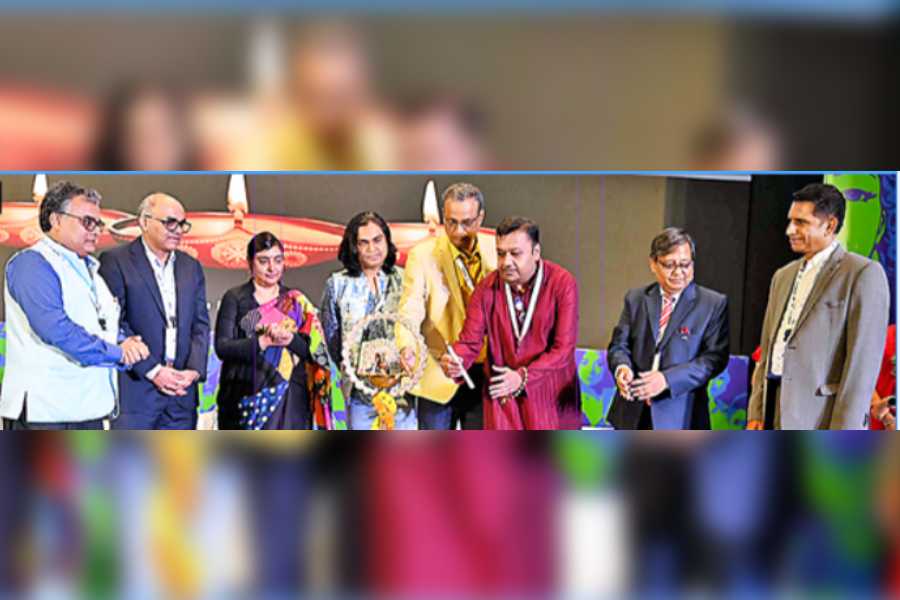Companies should not introduce “inclusive” policies to go with the flow, the CEO of an organisation that evaluates workplace cultures across the globe told an audience of corporate leaders and executives in the city last month.
“With organisations having a promotion policy, like reservations for some posts for women, it actually becomes more difficult for women in some cases,” said Yeshasvini Ramaswamy, CEO, Great Place To Work, India.
“Because when they take those positions, they have to deal with a lot of passive-aggressive behaviour. They have to deal with justifying that I am here not just because of my gender but also because of my performance. Policy for the sake of policy will end up hurting the very intent of why we started it. We have to be really pragmatic and careful in some of these initiatives that we roll out in our organisations,” she said.
Ramaswamy, whose agency has assessed more than 4,000 organisations worldwide, was the keynote speaker at BrandEdge, organised by the Public Relations Society of India (PRSI), Kolkata Chapter, in association with The Telegraph.
The theme was “diversity, equity, and inclusion (DEI)”.
Ramaswamy added another aspect, a “sense of belonging”, to the theme.
“Prioritising DEIB helps organisations. When you are looking at your employees, they are also citizens and members of the society. So, if you are going to introduce an LGBTQIA+ dialogue in your organisation and if it creates a psychologically safe place for them to talk about it, please be rest assured that you are also contributing somewhere to a happy home,” she said.
The day-long symposium, held on Semtemper 30 discussed the mainstream representation, or the lack of it, of the differently able, LGBTQIA+ and other marginalised sections.
Corporate leaders, social entrepreneurs, policymakers, rights activists, caregivers, human-resource professionals and educationists were in the audience.
A series of panel discussions — on inclusive employment, diversity in the workplace, the use of technology as an enabler of inclusion, and the role of the government — marked the day.
One of them was the role of educational institutions in achieving an equitable society.
Among the panellists was Ira Singhal, who in 2014 became the first differently able woman to top the IAS examination.
Singhal, now the special secretary (education), Arunachal Pradesh, batted for inclusive education from the very beginning. Training the teachers was the most crucial job, she said.
“A child with visual disability, a child with intellectual disability and a child with hearing disability can all be accommodated into the same classroom with very little extra effort on the part of teachers, especially in the primary levels.
“When I go to school in a Nursery class with a kid who is in a wheelchair, that kid is not different for me. That kid is just one of my classmates. As I grow up with that child in our classroom, that child becomes one of us. You never think of someone being different till the social upbringing has conditioned you to think of something as your regular and something as different,” she said.
In his inaugural address for the symposium, Ashutosh Gupta, country head, LinkedIn, stressed the benefits of having a diverse team.
“In the corporate world, we have seen that diversity is the best form of excellence that you can get. When everybody is the same in the team, you think alike. Diversity of thought comes when you have people from diverse backgrounds. That is when high performance comes through,” he said.
